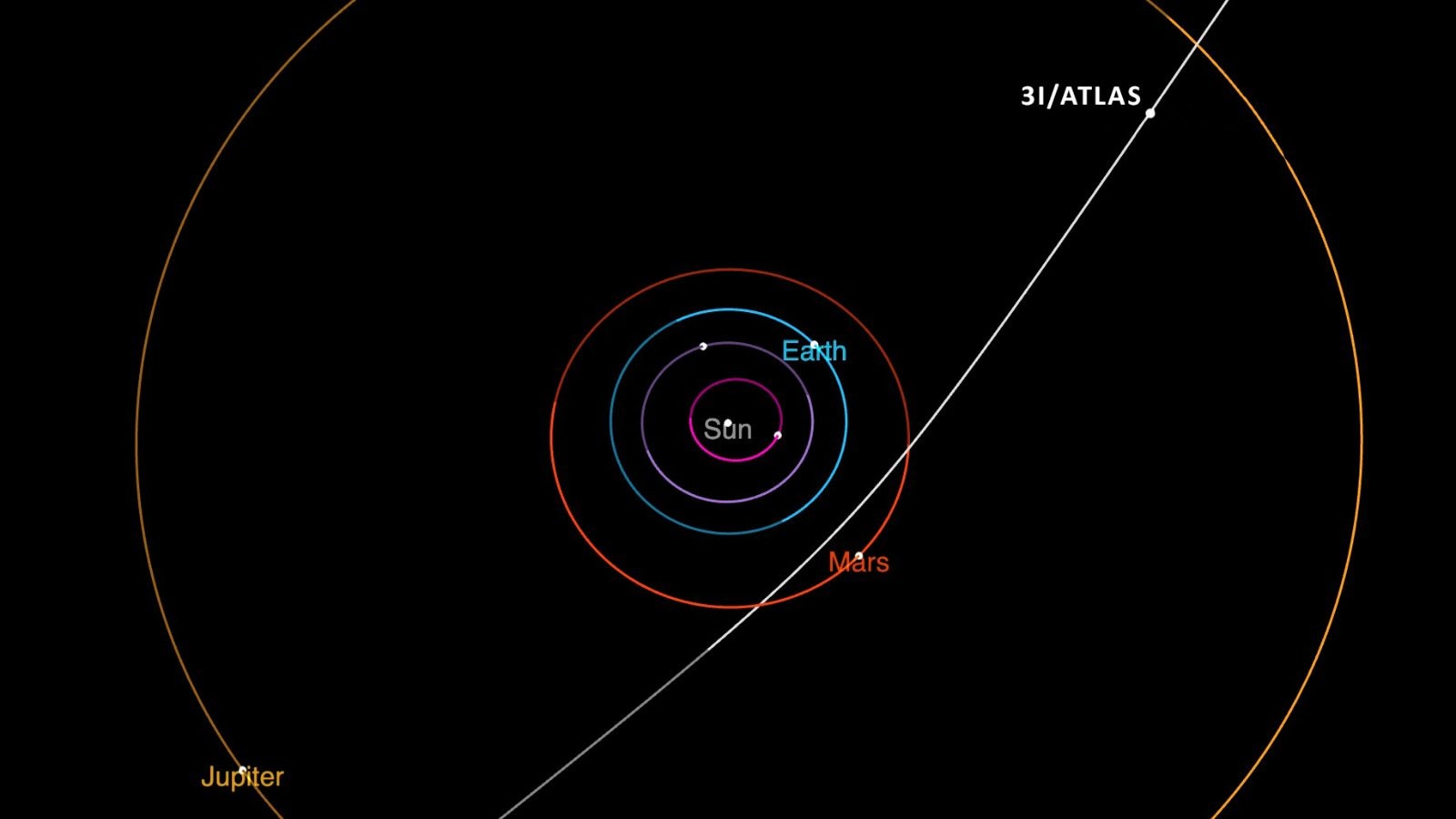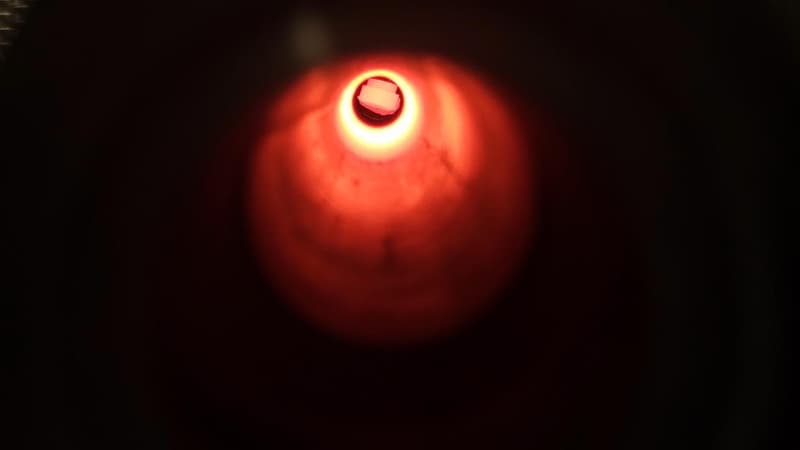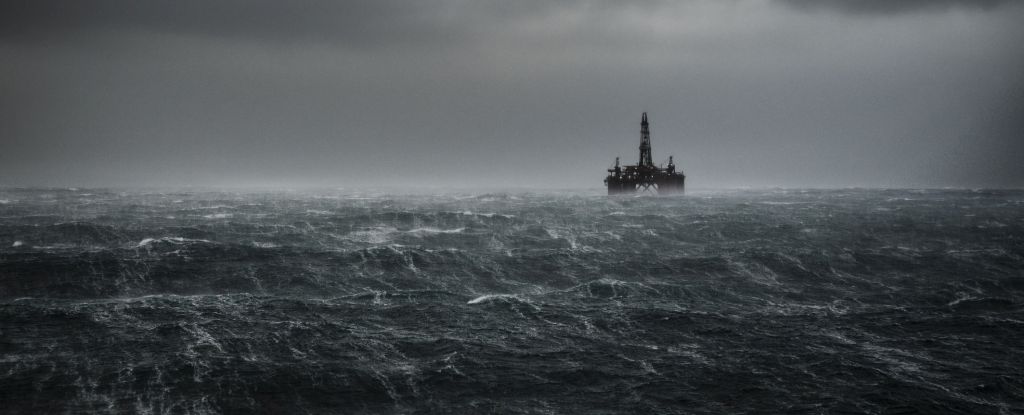Meet the 'Deceptively Cute' Predator from the Ocean's Past – A Whale Like No Other!

Did you know that a razor-toothed whale, which swam the oceans 26 million years ago, had such an adorable appearance that it would leave you questioning its predatory nature? Australian scientists have uncovered an astonishing discovery, revealing a small yet ferocious creature whose charm belied its fearsome role in the ancient marine ecosystem.
In a remarkable find, Museums Victoria pieced together the story of this species from a remarkably well-preserved skull fossil, discovered along Victoria's Surf Coast back in 2019. This isn't just any prehistoric whale; researchers describe it as a “fast, sharp-toothed predator” that was roughly the size of a modern dolphin. Imagine a small whale with large eyes and a mouth full of sharp, slicing teeth—sounds adorable, right? But don't let its looks fool you!
Researcher Ruairidh Duncan, who was part of the discovery team, paints a vivid picture: “It’s essentially a little whale with big eyes and a mouth full of sharp, slicing teeth.” He likens it to a shark-like version of a baleen whale—small and deceptively cute, but definitely not harmless! This species belongs to an ancient group of whales known as mammalodontids, who are distant relatives of today’s gentle filter-feeding whales.
According to Museums Victoria, this find marks the fourth mammalodontid species ever identified. This specific skull offers invaluable insights into how ancient whales evolved, adapted, and thrived in the ocean, a narrative that continues to unfold.
Palaeontologist Erich Fitzgerald, who co-authored the study, explained the significance of the fossil: “This fossil opens a window into how ancient whales grew and changed, and how evolution shaped their bodies as they adapted to life in the sea.” The Surf Coast of Victoria is part of the Jan Juc Formation, which dates back to the Oligocene epoch, a time between 23 and 30 million years ago when these fascinating creatures roamed the waters.
Fitzgerald elaborates, “This region was once a cradle for some of the most unusual whales in history, and we're only just beginning to uncover their stories.” As more fossils come to light, we’re entering an exciting new chapter in the understanding of whale evolution, filled with unexpected twists and turns.
The newly identified species has been aptly named Janjucetus dullardi, a tribute to local Ross Dullard, who fortuitously stumbled upon the skull during a stroll on the beach in 2019. The discovery was recently published in the peer-reviewed Zoological Journal of the Linnean Society, highlighting the vital role of citizen scientists in making such incredible finds.
As we continue to explore our planet's history, this remarkable discovery is a reminder of the wonders that lie beneath the waves and the stories that ancient creatures still have to tell.


























